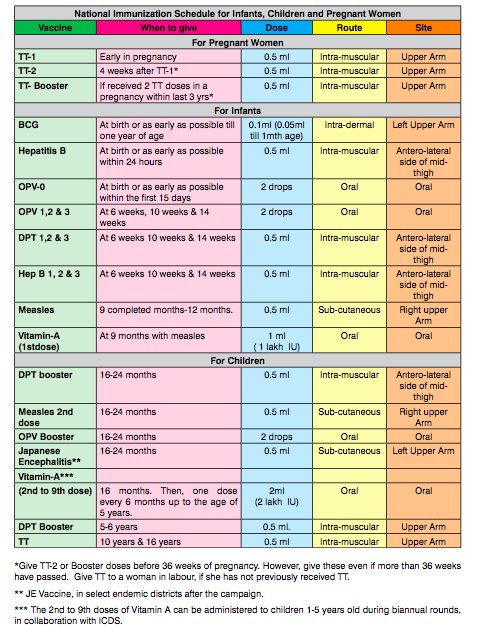Gout is a kind of arthritis that occurs when uric acid builds up in blood and causes joint inflammation.
- Acute gout is a painful condition that typically affects one joint.
- Chronic gout is repeated episodes of pain and inflammation, which may involve more than one joint.
Causes, incidence, and risk factors
Gout is caused by having higher-than-normal levels of uric acid in your body. This may occur if:
- Your body makes too much uric acid
- Your body has a hard time getting rid of uric acid
If too much uric acid builds up in the fluid around the joints (synovial fluid), uric acid crystals form. These crystals cause the joint to swell up and become inflamed.
The exact cause is unknown. Gout may run in families. It is more common in men, in women after menopause, and those who drink alcohol. People who take certain medicines, such as hydrochlorothiazide and other water pills, may have higher levels of uric acid in the blood.
The condition may also develop in people with:
- Diabetes
- Kidney disease
- Obesity
- Sickle cell anemia and other anemias
- Leukemia and other blood cancers
The condition may occur after taking medicines that interfere with the removal of uric acid from the body.
Symptoms
Symptoms of acute gout:
- Symptoms usually involve only one or a few joints. The big toe, knee, or ankle joints are most often affected.
- The pain starts suddenly, often during the night and is often described as throbbing, crushing, or excruciating.
- The joint appears warm and red. It is usually very tender (it hurts to lay a sheet or blanket over it).
- There may be a fever.
- The attack may go away in a few days, but may return from time to time. Additional attacks often last longer.
After a first gouty attack, people will have no symptoms. Half of patients have another attack.
Some people may develop chronic gout. Those with chronic arthritis develop joint damage and loss of motion in the joints. They will have joint pain and other symptoms most of the time.
Tophi are lumps below the skin around joints or in other places. They may drain chalky material. Tophi usually develop only after a patient has had the disease for many years.
Signs and tests
Tests that may be done include:
- Synovial fluid analysis (shows uric acid crystals)
- Uric acid – blood
- Joint x-rays (may be normal)
- Synovial biopsy
- Uric acid – urine
Not everyone with high uric acid levels in the blood has gout.
Treatment
Medicines should be taken as soon as possible if you have a sudden gout attack.
- Take nonsteroidal anti-inflammatory drugs (NSAIDs) such as ibuprofen, naproxen, or indomethacin as soon as your symptoms begin. Talk to your health care provider about the correct dose. You will need stronger doses for a few days.
- Your health care provider may prescribe strong painkillers such as codeine, hydrocodone, and oxycodone.
- A prescription medicine called colchicine helps reduce pain, swelling, and inflammation.
- Corticosteroids can also be very effective. Your doctor may inject the inflamed joint with steroids to relieve the pain.
- The pain often goes away within 12 hours of starting treatment, and is completely relieved in 48 hours.
Daily use of allopurinol or probenecid decrease uric acid levels in your blood. Your doctor may prescribe these medicines if:
- You have several attacks during the same year or your attacks are quite severe
- You have damage to joints
- You have tophi
- You have uric acid kidney stones
Some diet and lifestyle changes may help prevent gouty attacks:
- Avoid alcohol
- Reduce how many purine-rich foods you eat, especially anchovies, sardines, oils, herring, organ meat (liver, kidney, and sweetbreads), legumes (dried beans and peas), gravies, mushrooms, spinach, asparagus, cauliflower, consommé, and baking or brewer’s yeast.
- Limit how much meat you eat at each meal.
- Avoid fatty foods such as salad dressings, ice cream, and fried foods.
- Eat enough carbohydrates.
- If you are losing weight, lose it slowly. Quick weight loss may cause uric acid kidney stones to form.
Expectations (prognosis)
Proper treatment of acute attacks allows people to live a normal life. However, the acute form of the disease may progress to chronic gout.
Complications
- Chronic gouty arthritis
- Kidney stones
- Deposits in the kidneys, leading to chronic kidney failure
Calling your health care provider
Call for an appointment with your health care provider if you have symptoms of acute gouty arthritis.
Prevention
The disorder itself may not be preventable, but you may be able to avoid things that trigger your symptoms. Limit alcohol consumption and follow a low-purine diet.
References
- Wilson JF. In the clinic. Gout. Ann Intern Med. 2010 Feb 2;152(3):ITC21.
- Richette P, Bardin T. Gout. Lancet. 2010 Jan 23;375(9711):318-28.
- Review Date: 6/28/2011.Reviewed by: Ariel D. Teitel, M.D., M.B.A., Chief, Division of Rheumatology, St. Vincent’s Hospital, New York, NY. Review provided by VeriMed Healthcare Network. Also reviewed by David Zieve, MD, MHA, Medical Director, A.D.A.M., Inc.Cure your Gout NOW!
Contact Us for your Personal Diet & Medical advice.






